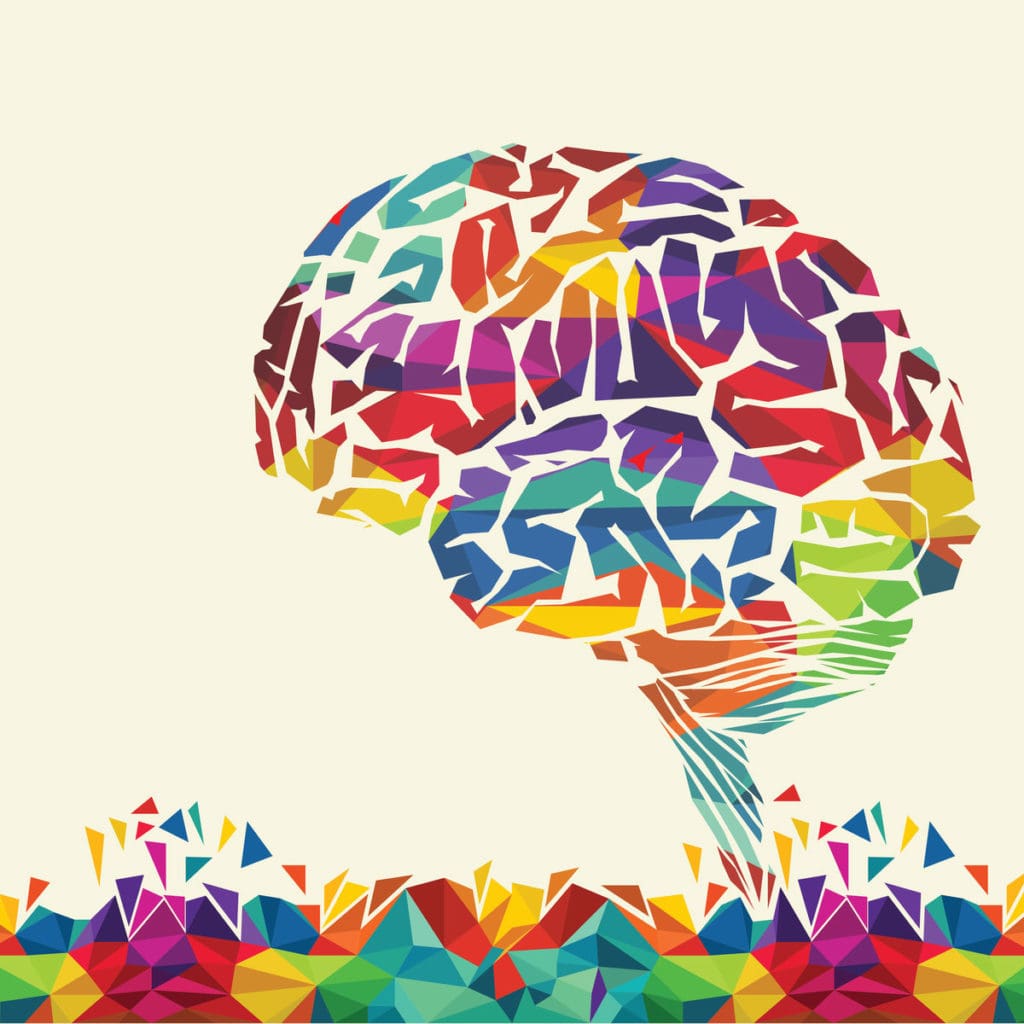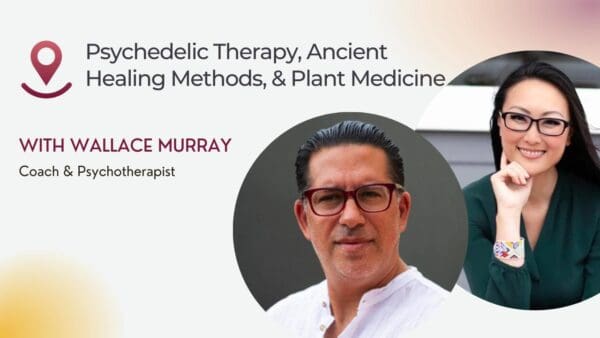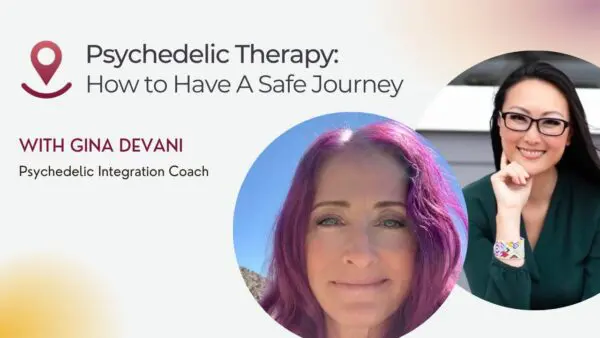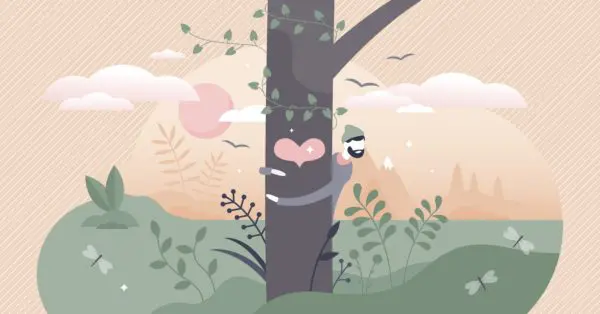Psychedelics are a class of substances that when consumed, alter a person’s perception and reality. These psychedelic substances occur naturally in some plants, fungi, and even in some animals. Scientists can also synthesize psychedelic substances in a lab.
Humans have altered their consciousness for millennia. A 1,000-year-old pouch containing various psychedelics was recently found in a cave in Bolivia. The range of psychoactive compounds indicated that the owner of the pouch either traveled very long distances by foot, or was trading and acquiring these substances from people traveling from all different places.
Although psychedelics have been illegal in most countries for the last few decades, human history shows that many different cultures have used psychedelics and altered states of consciousness as part of ritual, healing, seeking knowledge, rites of passage, celebration and more.
How are Psychedelics Classified?
Psychedelics can be classified according to the way they interact with the brain and body. Classic psychedelics such as psilocybin (magic) mushrooms, LSD, mescaline, and DMT all act on the body’s serotonin system, producing changes in mood, perception, and awareness. They are sometimes called serotonergic psychedelics.
MDMA, Ketamine, PCP, ibogaine and even marijuana also produce changes in perception, although their method of action on the brain is different than with classic psychedelics.
MDMA has been called an empathogen for the empathetic, relational quality it brings out in many people. MDMA can be used to help those who struggle with feelings of empathy for themselves or others. Studies suggest MDMA also interacts with the body’s serotonin system, and with its dopamine system.
Depending on the strain of the plant, marijuana is sometimes classified as a psychedelic for its perception and mood-altering effects.
Ketamine and PCP are both synthetic substances that produce dissociative effects. Ibogaine, derived from the iboga plant, is a naturally occurring dissociative psychedelic compound.
Some Important Things to Know When Using Psychedelics
There is no “right” way to take psychedelics, although there are some best practices that can ensure beneficial results and minimize risk. The effect of these substances varies depending on the dose, set, setting, and the particular physiology of the person taking them.
Dosage pertains to how much of the psychedelic is consumed. Set is the mental, physical, and emotional state of the person consuming the substance, as well as their intention for use of the psychedelic.
Setting refers to where the person is for the experience, including factors such as who they are with and what the environment is like. Experience with a conscious-altering substance can vary tremendously based on these factors.
Psychedelic experiences are not necessarily healthy for everyone and can be harmful for some. People with a history of psychosis, including genetic predisposition, should exercise caution. For someone with bipolar disorder, a psychedelic experience could bring about a manic state. While psychedelics have been helpful for some people with PTSD, the experience can be challenging and so the guidance of an experienced professional or support person is advised.
People take psychedelics alone or with others, in many different settings from ceremony, nature and social settings to clinical research studies and more. Research has found that psychedelics can help people with depression, anxiety, obsessive compulsive disorder, addiction, PTSD, and easing anxiety for patients with terminal illness. Psychedelic use can increase creativity, improve mood and much more.
Are Psychedelics Legal?
Psychedelics can legally be studied if the DEA issues permission. Psilocybin (the psychoactive ingredient in magic mushrooms), MDMA, Ketamine, ibogaine and 5-meo DMT are all being studied for their potential to relieve various mental health conditions. If the clinical trials pass FDA approval, these substances will be available through a medical professional to treat certain diagnoses. Ketamine is already available off-label for depression.
A number of cities have ruled to decriminalize naturally occurring psychedelics. This is sometimes done through advocacy by the organization Decriminalize Nature. However, the term “decriminalization” is not exactly accurate. Although local law enforcement in these jurisdictions agrees to make the policing of DMT, psilocybin mushrooms, iboga/ibogaine, and mescaline containing cacti lowest priority to police, the substances are still federally illegal. The sale of these substances can still result in prosecution for drug trafficking.
Most countries still prohibit the manufacture, possession, and sale of psychedelics. Due to their illegality, it’s important to use caution. Drug testing has saved lives; kits can be purchased through DanceSafe. Some labs will even let people send a sample of their substances and report back with an analysis of the ingredients.
Psychedelics can catalyze profound healing experiences, if used in the right context. Oftentimes, it takes dedication and integration after the journey to fully reap the benefits. They can also bring about difficult, frightening, confusing, and/or painful experiences. Having appropriate support during and after can help a person integrate challenging experiences from the experience into their daily life and path toward healing.







